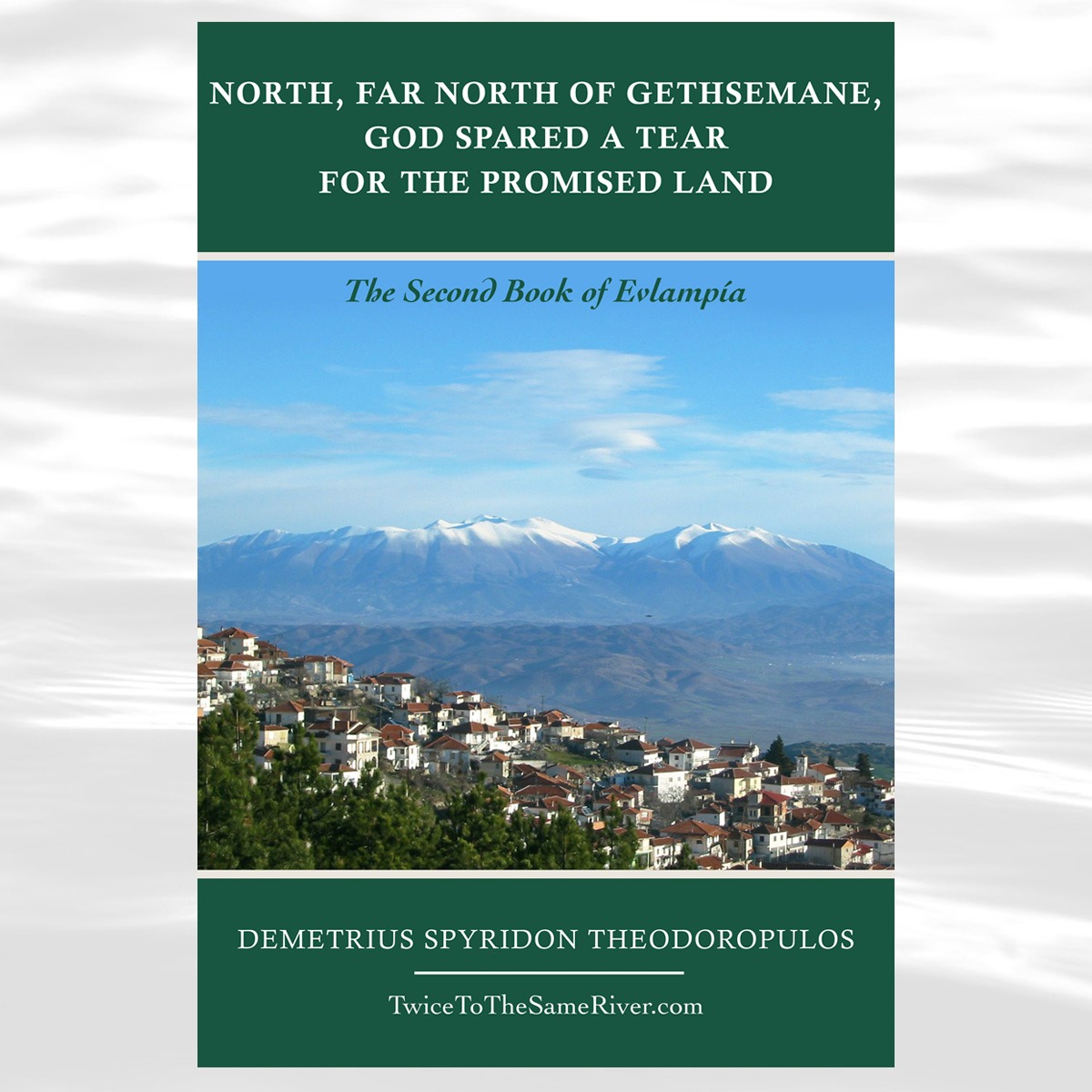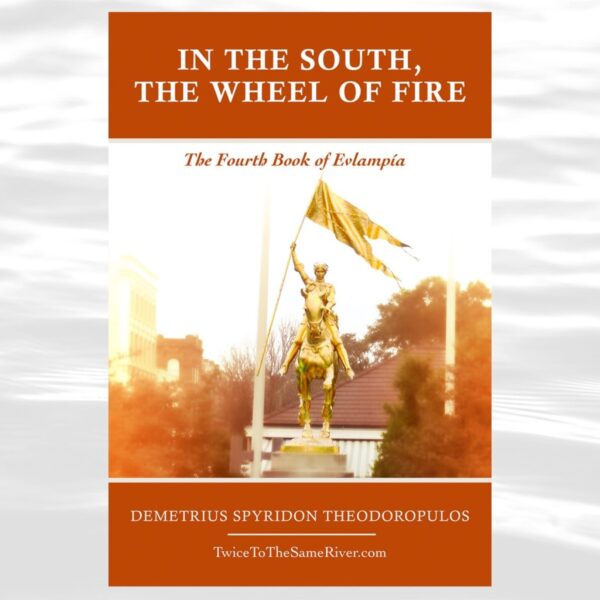Description
At the end of the eleventh century, the Roman Empire was threatened by formidable foes. Exhausted from prolonged wars and having established long before that neither territorial expansion nor civilizing missions were likely to bear fruits anymore, the Romans of that time were forced to face, for the first time in more than one thousand years, the possibility of a decline; some were already entertaining thoughts about the ultimate survival of the State. What was at stake was not prestige, a republic, the achievements of a sophisticated society, or the comforts of a certain way of life, but the very idea of civilization, and, if one were to believe certain prophecies, even more basic values, such as the very concept of time, man’s relation to God, and the current state of humanity. It was in those years that a heresy arose in the northern territories of the realm which was characterized by one distinct feature. Its unyielding dualism, a basic trait of all heresies, having first encompassed a variety of radical ontological considerations and then, unexpectedly, graduated to organized political action, would demand from its adherents one additional and unprecedented moral choice: universal and unconditional duplicity. Duplicity had, of course, not been unknown among the various kinds of dissenters of times past, but this time its modes, scope and benefits would have to be differentially applied to the Heresy’s various levels of initiation. Protected by a veil of profound humility, subjected to intense Biblical indoctrination, and constantly professing reason, simplicity and righteous selflessness, the majority of the heretics were forced into a life of poverty, abstinence and fasting, while their spiritual leaders were deliberately encouraged to embrace debauchery, crime, embezzlement and usurpation, but again, never on an equal basis: the kind and scale of allowed transgression would be in accordance to their position within a strictly defined but very secretive class system.
In a thoroughly documented incident, the presumed leader of the heresy is apprehended and brought before Alexius Comnenus. The exchanges between emperor and heresiarch, the multitude of considerations that were generated by this unusual encounter, and the extraordinary measures that would be required to turn deliberations into conclusions, are recounted by a scrupulous officer who, in typical manner, will keep seeking perspectives and meanings that lie beyond the words of the two men. As it happens, his account parallels the testimony which Anna Comnene, the Emperor’s daughter, gives in the Fifteenth Book of her Alexiad. In fact, his observations are constantly cross-referenced to Comnene’s description of this curious episode, and little action is described here that has not already been witnessed there. Beyond, however, the description of facts, as the narrator explains in the beginnings of his story, there are other priorities which have to be addressed. His position has allowed him a privileged view of interactions and thoughts which would have remained inaccessible to the natural modesty of a princess born in the purple. And this is how this account now comes to complement the otherwise comprehensive presentation by Anna Comnene.




Reviews
There are no reviews yet.